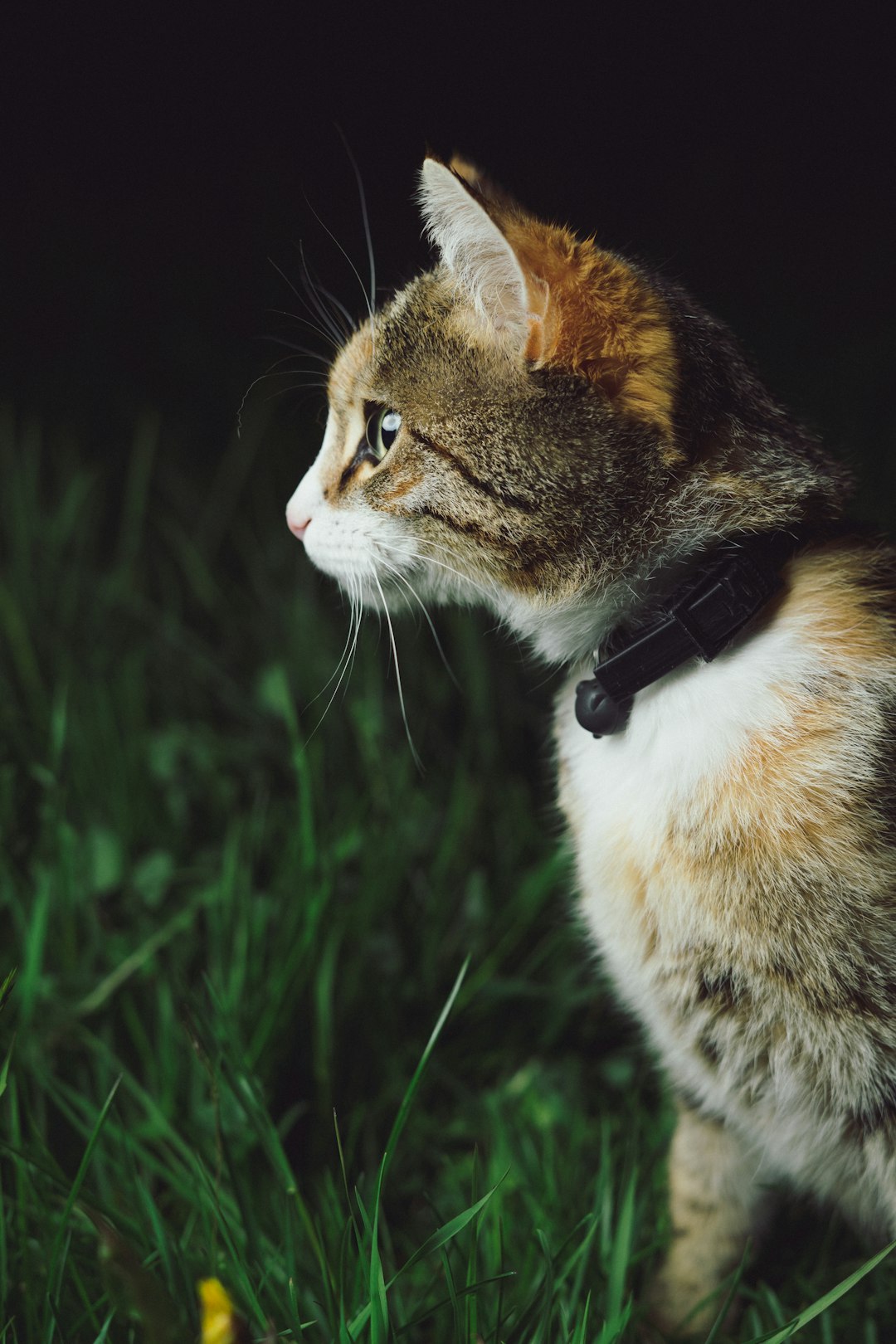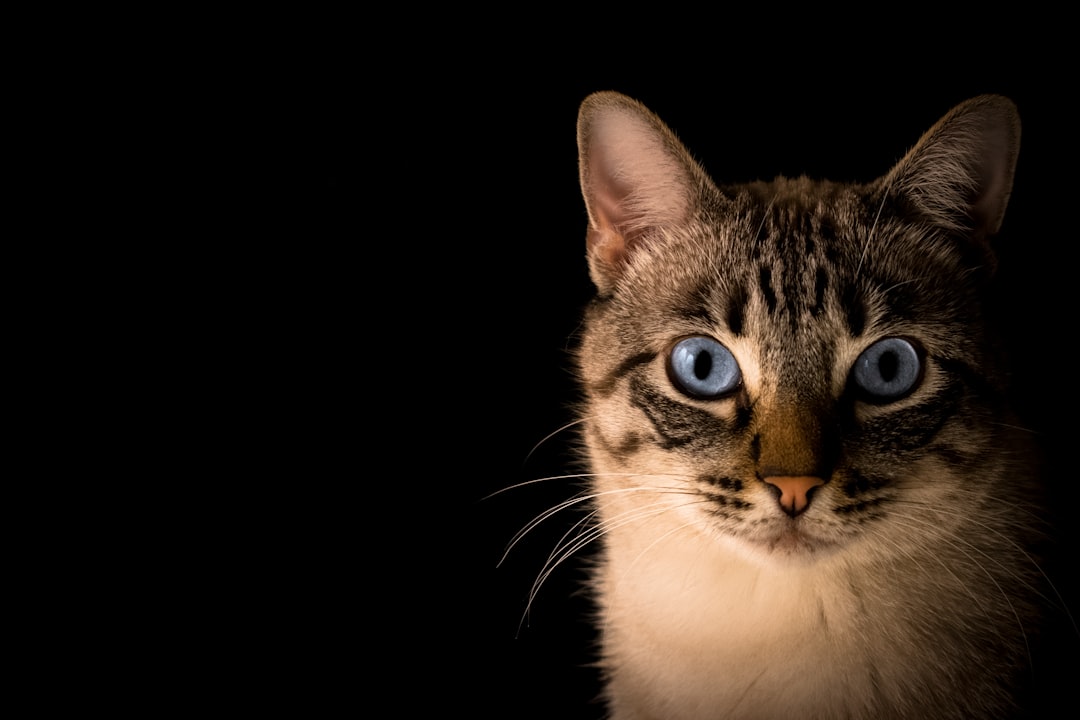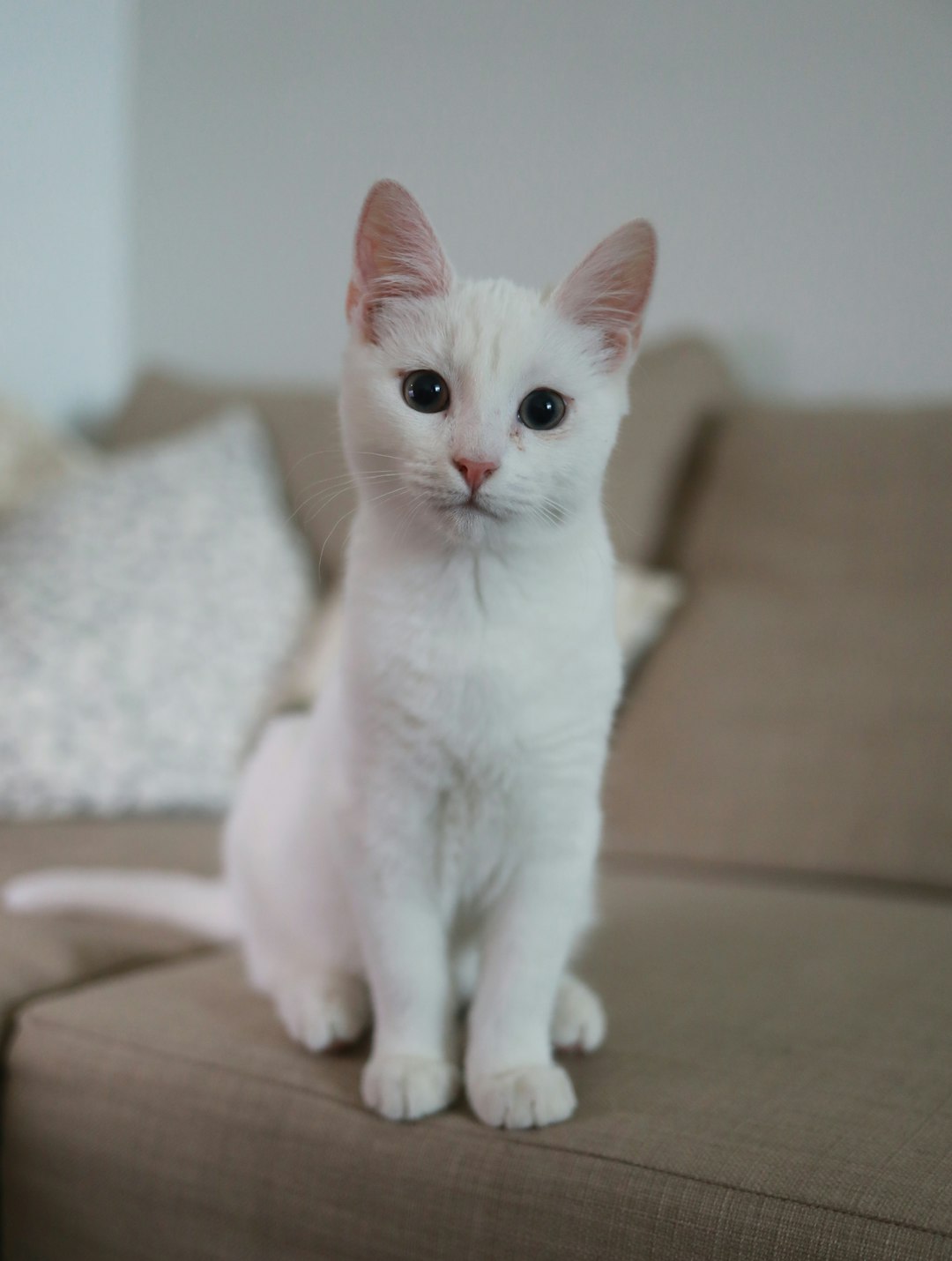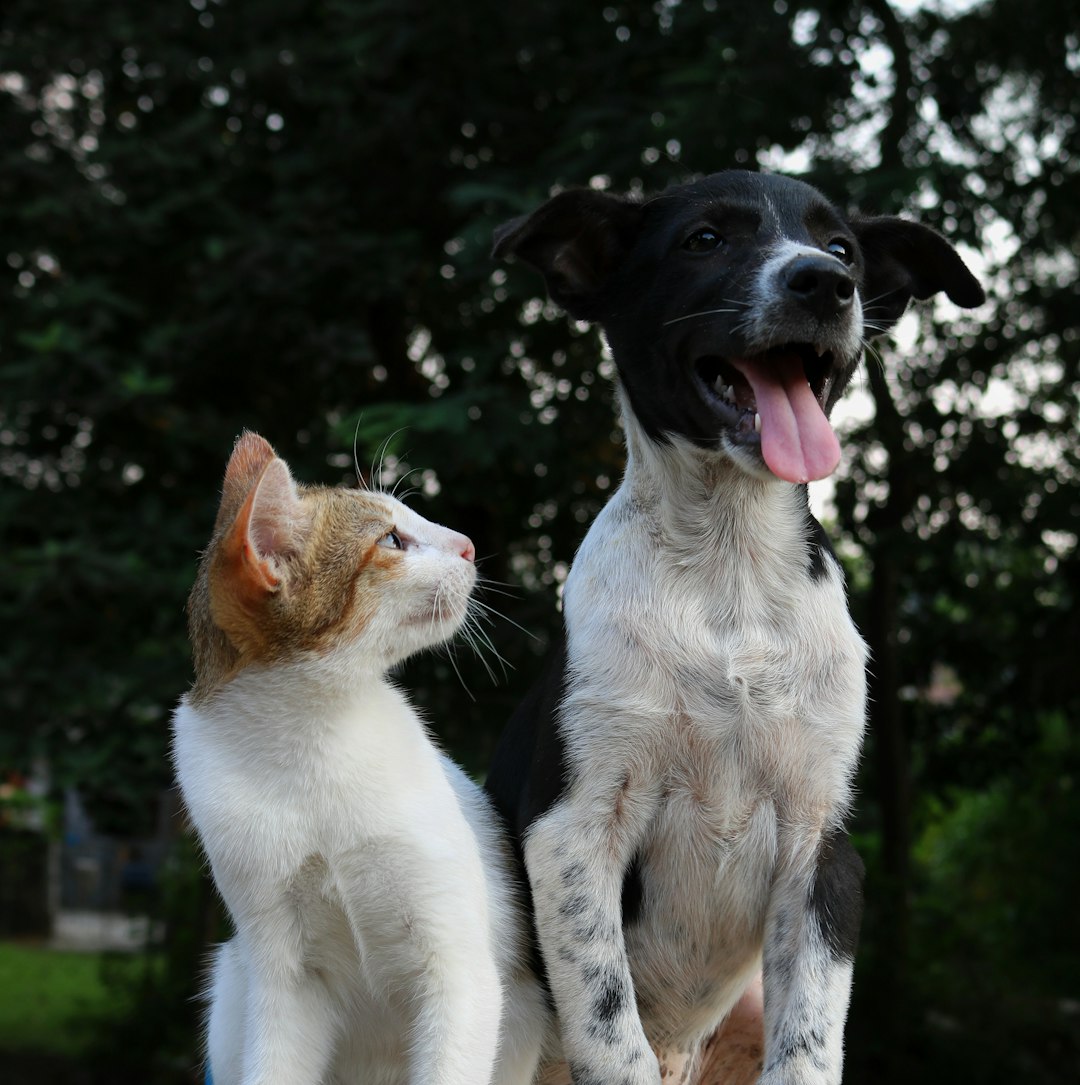While many pet owners enjoy sharing their meals with their furry friends, it’s important to understand the implications of treating your cat. Specifically, you might wonder, "can cats eat bacon?" Though this savory snack tempts your feline’s taste buds, it raises questions about its nutritional value and potential risks. In this post, we will explore a cat’s dietary needs, the suitability of bacon as a treat, and present safer alternatives to ensure your cat enjoys a healthy diet without compromising their well-being.
Understanding a Cat’s Dietary Needs
When considering whether can cats eat bacon, it’s essential to first understand their unique dietary needs. Cats are obligate carnivores, meaning they require animal protein to thrive. Here are some key points about feline nutrition:
- Protein Requirements: Cats need a high-protein diet, typically consisting of around 30-40% protein. Animal-based proteins contain essential amino acids like taurine, which are crucial for their health.
- Fat and Carbohydrate Intake: While fats are vital for energy, minimal carbohydrates should be included in their diet. Cats can only digest a small amount of carbohydrates, so protein and fat should be prioritized.
- Vitamins and Minerals: Cats need specific vitamins (like A and D) and minerals (like calcium and phosphorus), often found in animal tissues.
So, can cats eat bacon? While bacon does provide protein and fat, it often comes loaded with sodium and preservatives that may be harmful. Understanding your cat’s dietary needs will help you make informed decisions about treats, ensuring a balanced, healthy diet. When introducing any new food, always consider its nutritional impact on your feline friend.

Nutritional Value of Bacon for Cats
When considering can cats eat bacon, it’s essential to understand the nutritional implications. Bacon may appeal to your feline due to its strong aroma and flavor, but its nutritional profile raises some concerns. Here’s a breakdown of bacon’s components:
- Protein: Bacon contains protein, which is vital for a cat’s muscle development and overall health.
- Fat: It has a high-fat content, which can contribute to obesity and other health issues if consumed in excess.
- Sodium: Bacon is typically high in sodium, leading to dehydration and kidney issues in cats if eaten regularly.
| Nutrient | Bacon per 100g | Ideal Cat Diet |
|---|---|---|
| Protein | 37g | 30-45g |
| Fat | 42g | 15-20g |
| Sodium | 1,100mg | < 200mg |
In summary, while can cats eat bacon? It’s not the best option due to its high fat and sodium levels. Moderation is key, and you should always explore healthier treats that meet your cat’s dietary needs without risking their health.
Potential Risks of Feeding Bacon to Cats
While you might wonder can cats eat bacon, it’s essential to consider the potential risks involved. Although bacon is a tempting treat, it can pose some significant health concerns for your feline friend. Here are the key factors to consider:
- High Fat Content: Bacon contains a high percentage of fat, which can lead to obesity and related health issues in cats.
- Sodium Levels: Bacon is often high in sodium, which can result in excessive thirst, urination, and even sodium poisoning in severe cases.
- Seasonings and Additives: Many bacon products contain dangerous seasonings like garlic and onion, both of which are toxic to cats.
- Digestive Issues: Cats may experience gastrointestinal upset, including vomiting or diarrhea, after consuming bacon.
By recognizing these risks, cat owners can make informed decisions. Instead of asking yourself, "can cats eat bacon," consider alternatives that provide flavor without the hazards. Always prioritize your pet’s health and well-being!
Safe Treat Alternatives for Cats
When considering if can cats eat bacon, it’s essential to weigh the potential risks against safe alternatives that provide your feline friend with joy and nutritional benefits. Here’s a list of healthy treat options that can keep your cat happy without the drawbacks of bacon:
- Cooked Chicken: Always boneless and skinless, this lean protein is a favorite among cats. It’s rich in protein, promoting muscle health.
- Fish: Options like tuna or salmon can be a delightful treat; however, opt for cooked versions to avoid harmful bacteria.
- Catnip: Safe and enjoyable, catnip can stimulate your cat’s senses, keeping them entertained.
- Pumpkin: A great source of fiber, pumpkin helps digestion and can soothe upset stomachs.
- Commercial Cat Treats: Look for those that specify “grain-free” and “high protein” on the label for the best nutritional value.
While you may wonder, can cats eat bacon, these alternatives ensure that your cat enjoys healthy treats without the health risks associated with bacon. Always observe your cat’s response to new foods to ensure they are well received!

Signs of Food Allergies in Cats
As a cat owner, it’s essential to be aware of signs that may indicate food allergies, especially if you’re considering introducing new treats like bacon. While you might be curious and wonder, "can cats eat bacon," knowing how to recognize allergic reactions is crucial.
Here are a few common signs of food allergies in cats:
- Itching and Scratching: Persistent scratching or biting at the skin can signal an allergic reaction.
- Red or Inflamed Skin: Look for areas where the skin appears swollen or red.
- Gastrointestinal Issues: Symptoms such as vomiting or diarrhea may arise if your cat develops sensitivities to foods.
- Ear Problems: Frequent ear infections or excessive ear wax can indicate food allergies.
- Hair Loss: Allergies may cause you to notice patches of hair loss or thinning fur.
If you suspect that your feline friend may have an allergy after trying treats like bacon, consider eliminating the suspected food from their diet. It’s always best to consult your veterinarian for a definitive diagnosis and guidance on safe treating options. Remember, understanding the question "can cats eat bacon" goes hand in hand with recognizing their overall health needs.
How to Introduce New Treats to Your Cat
Introducing new treats to your cat requires a thoughtful approach. You want to ensure their safety while keeping their taste buds tantalized. Here are some effective strategies:
- Start Small: Begin with a tiny amount of the new treat, such as a small piece of bacon, to see how your cat reacts.
- Observe Reactions: Keep an eye on your cat for any adverse reactions. Signs include vomiting, diarrhea, or unusual behavior.
- Gradual Increase: If your cat enjoys the treat without issues, gradually increase the portion size over several days.
- Mix with Regular Food: Consider mixing the new treat with their regular food initially. This helps them adjust and makes the transition smoother.
- Positive Reinforcement: Encourage your cat by praising them when they try the new treat, creating a positive association.
Remember, when considering whether can cats eat bacon, it’s best to offer it as an occasional treat rather than a regular addition to their diet. This method ensures your cat remains healthy and happy while exploring new flavors.
Consulting Your Veterinarian on Treats
When it comes to your cat’s diet, nothing beats expert advice. Therefore, consulting your veterinarian is crucial, especially regarding treats like bacon. Here’s why:
Expert Guidance: Veterinarians understand your cat’s unique dietary needs and can provide tailored advice on whether can cats eat bacon without negative effects.
Health Considerations: If your cat has pre-existing health conditions, your vet can recommend safe treat options that suit their situation.
Allergy Detection: They can help identify potential allergies or sensitivities. If you observe unusual behavior after offering bacon, it could be a sign of an allergic reaction.
Balanced Diet Insights: Discuss how to incorporate treats into a balanced diet. Treats should not exceed 10% of your cat’s daily caloric intake, ensuring that the main diet remains nutritious.
Avoiding Dangerous Foods: Your vet can inform you about other human foods that are toxic to cats, providing a comprehensive treat list.
In conclusion, while you may wonder, "can cats eat bacon?" your veterinarian is the best resource for making informed decisions that prioritize your feline’s health.

Best Practices for Treating Your Feline
When considering what treats to give your cat, following best practices ensures their health and happiness. Here are essential tips to remember:
- Moderation is Key: Limit treats to no more than 10% of your cat’s daily caloric intake.
- Quality over Quantity: Opt for high-quality treats, as some foods can be harmful.
- Monitor Ingredients: Always check for common allergens. Inquiring "can cats eat bacon?" often leads to concern about its high-fat content.
- Balanced Diet: Treats should complement a balanced diet, not replace it.
- Variety is Important: Offer different flavors and types of treats to keep your cat interested and engaged.
- Observe Reactions: After introducing any new treat, observe your cat for any signs of allergies or sensitivities.
By sticking to these practices, you can ensure safe and enjoyable treat experiences for your feline companion. Remember, while the question "can cats eat bacon?" may arise, focusing on appropriate treats will benefit their overall well-being!
Frequently Asked Questions
Is it safe for cats to eat bacon?
While cats can eat bacon in small amounts, it is not considered a healthy treat for them. Bacon is high in salt and fat, which can lead to obesity and other health issues in cats. It’s important to note that some cats may also have sensitivities to processed meats or find it hard to digest. If you choose to give your cat bacon as an occasional treat, ensure it’s cooked thoroughly and serves only a tiny portion.
What are the nutritional impacts of feeding bacon to cats?
Feeding bacon to cats can lead to several nutritional concerns. Bacon is rich in fat and sodium, which can disrupt a cat’s balanced diet. High sodium intake can lead to health issues such as hypertension and kidney disease. Additionally, excessive fat consumption may lead to pancreatitis, which can be painful and serious for your pet. It’s best to stick to cat-specific treats that provide essential nutrients without the risks associated with bacon.
Are there safer alternatives to bacon for cat treats?
Yes, there are plenty of safer alternatives to bacon that can be used as treats for your cat. Options such as cooked chicken, turkey, or fish can be excellent choices, provided they are unseasoned and free of bones. You can also find commercial treats specifically formulated for cats that include natural ingredients. It’s always a good idea to consult with your veterinarian before introducing new treats into your cat’s diet.
How should I introduce new treats like bacon to my cat’s diet?
When introducing any new treats, including bacon, to your cat’s diet, it is essential to do so gradually. Start with a very small piece to see how your cat reacts. Monitor your cat for any signs of digestive upset or allergic reactions, such as vomiting or diarrhea. If your cat enjoys the treat and doesn’t have any adverse reactions, you can limit the frequency of offering such items to special occasions rather than making them a regular part of their diet.



